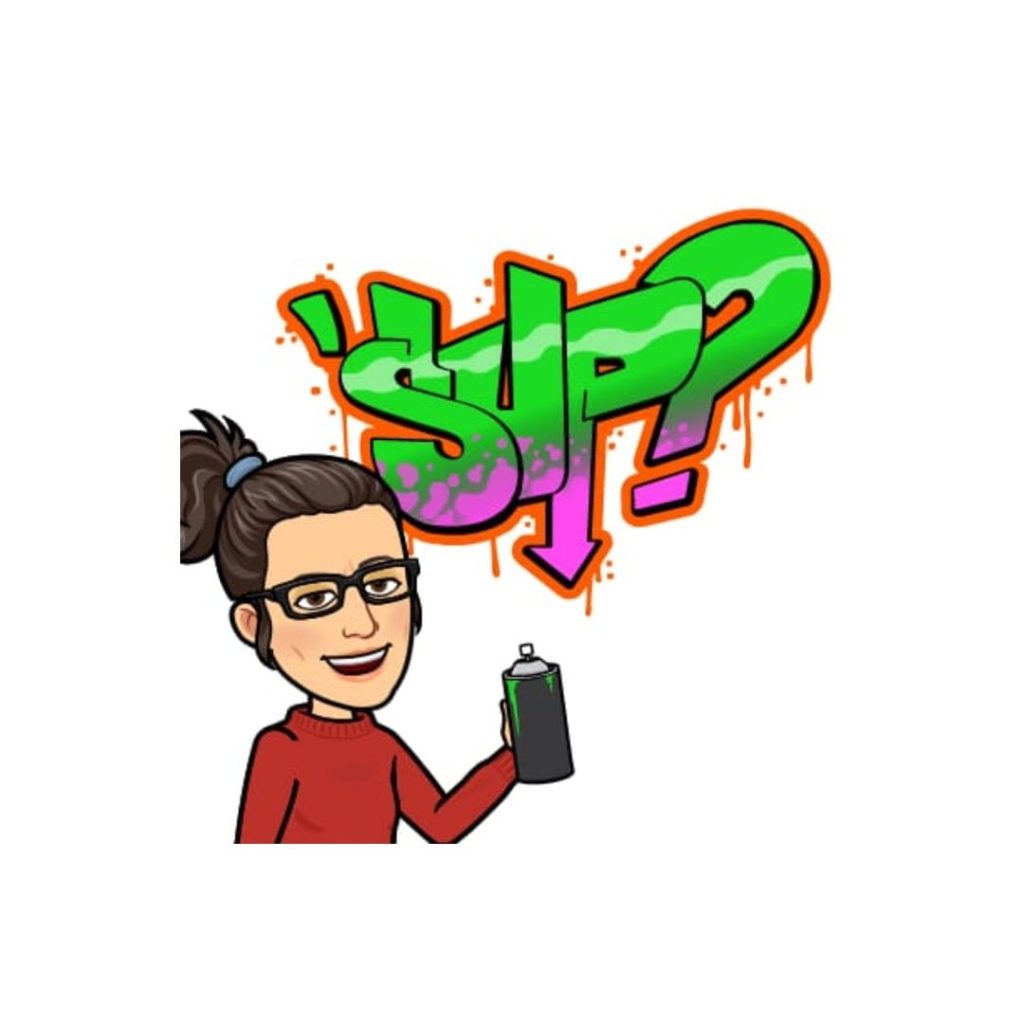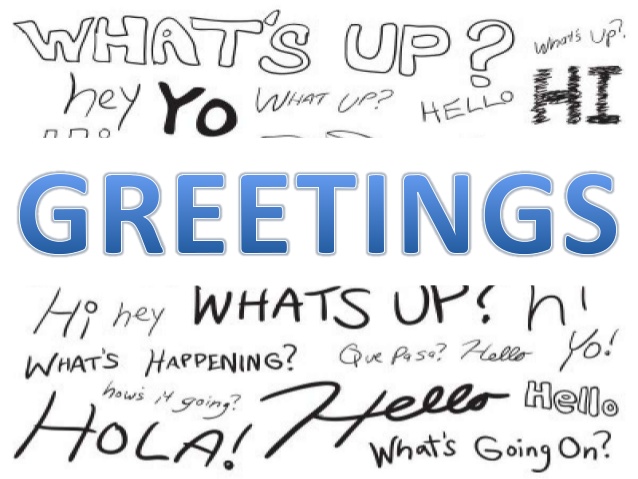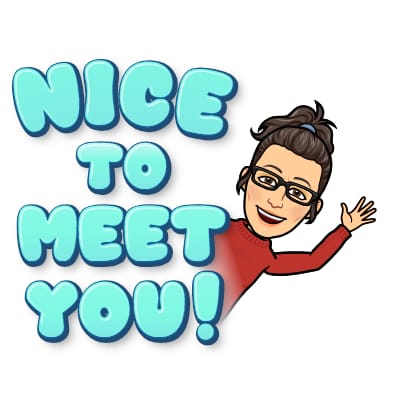
O simples uso, troca, de uma palavra do português pelo seu equivalente em inglês, num número grande de vezes, resulta em algo que não faz sentido algum.
O contrário é igualmente verdadeiro. Portanto, enfatizo a experiência com pedaços, chuncks, conjuntos, combinações de palavras, e ainda contextualizadas, para uma correta apropriação e uso delas.
So far, so good não significa tão longe, tão bom. Significa: por enquanto tudo bem; até agora tudo certo, até aqui tudo bem.
- I’ve done half of my homework, so far, so good.
Eu já fiz metade da minha lição de casa, até aqui tudo bem.
- How is the new project coming along? Como está o andamento do novo projeto?
Well; so far, so good. Bem, até agora tudo certo.
- So far, so good. We got to the airport on time.
Até agora, deu tudo certo. Nós chegamos ao aeroporto na hora certa.
- Do you guys have any questions? Vocês têm alguma dúvida?
No, teacher. So far, so good. Não, professor. Até aqui tudo bem.
- How’s the surgery going? So far, so good. Como está indo a cirurgia? Até agora tudo bem.

Now, watch this video and practice how to say it.











